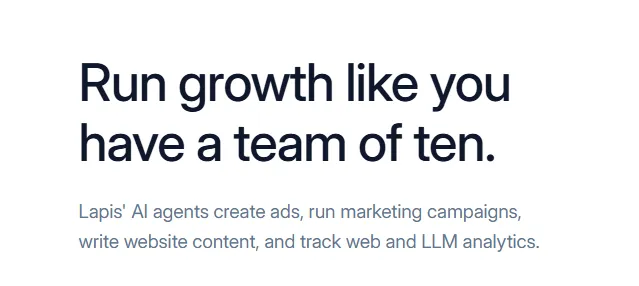Channel your inner Vogue and Confidence!

The way people discover and locate information online is changing quickly. Traditional search engines like Google are being supplemented, and in some cases supplanted by AI-powered search tools offering instant, conversational answers.
For companies, this shift can mean only one thing: visibility will increasingly depend on how well your content plays with AI systems. To keep up in front of your readers, you need to know how AI search systems work and act when necessary.
AI-driven search engines leverage natural language processing (NLP) and machine learning to comprehend the meaning behind a question, not only its keywords. They scan for context, intent, and relevance, as opposed to perfect replicas.
But unlike traditional search engines, AI doesn’t just pull links; it can generate summaries and direct answers by combining the insights of many sources. That could mean your brand won’t show up as a clickable link but as part of an AI-powered response. Knowing about this transition is the first step in staying seen.
To stand out, I will most of the time write in an organized but chatty style. AI tools favor content that clearly answers people’s questions. Don’t overuse keywords or write the article in a complicated manner. Here’s how you can do that:
That way, when AI systems produce answers, they can more readily grasp and pick your content.
Like with old-fashioned SEO, it’s important to tweak your AI system based on how it is performing. Test how your brand looks in various AI tools, like ChatGPT, Perplexity, or Bing Copilot. You can do this by:
When you know how your data is being utilized, you can adjust your strategy and enhance AI Search visibility in the long term.
In the old days, SEO meant cramming the best keywords into a website. But with A.I.-powered search, intent is more important than repetition. AI models are trained to understand what a user actually wants to find out, whether it’s information, a product, or a service.
To adapt, consider what your audience is trying to accomplish. For example, if someone searches for “best running shoes for flat feet,” they are hoping to find a helpful recommendation rather than a laundry list of product options. Authoring content that fulfills this deeper purpose increases your likelihood of showing up in AI-originated responses.
AI searches don’t depend on only your website. They also extract data from social networks, reviews, videos, and even business directories. To strengthen your visibility:
A powerful, cohesive digital presence helps AI have more confidence in the legitimacy and correctness of your brand.
AI systems value trustworthy information. If your brand is associated with trustworthy data citations and mentions, then it is more likely that your content or site would be featured in AI answers. To build credibility:
And when AI-powered tools identify your site as a trustworthy authority, they will use your content in search results snippets.
Search tools with artificial intelligence are supposed to deliver these in natural-sounding tones, as though humans were chatting with us. This is why you should be working on optimizing for voice search. Try these tips:
Companies that only depend on traditional, organic SEO run the risk of becoming invisible as AI replaces search engines. The secret to remaining visible is grasping how AI operates, creating human-like, useful content, and maintaining a consistently credible online presence.
Just concentrate on making content that addresses real questions. If you successfully manage to adapt, you won’t just survive in the future of AI-based search, but rather thrive.

Are the men in house ready to take their style game up a notch? Aly at Vogue Vocal is the eyes and ears of entertainment industry with that Gen-Z x-factor! Aly’s personal style statement raises the bar high and knocks it out of the park so trust him for picking the best for Vocal Fashion, our e-magazine edit, the heart and soul of Vogue Vocal!